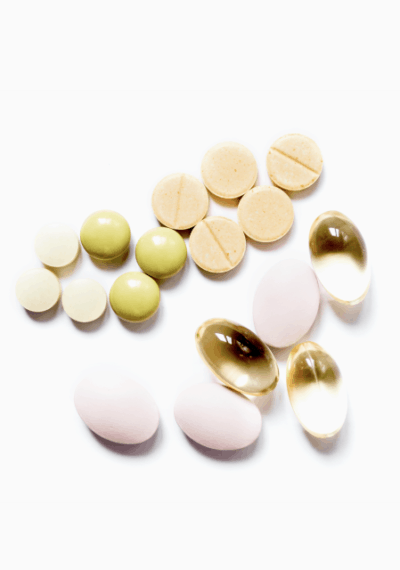

Although some women experience improvements or no change in their acne during pregnancy, a substantial number suffer acne flare ups during this time. The first trimester seems to be the highest risk period for this as the hormone progesterone surges, bringing with it increased oil production, congestion and pore clogging.
is notorious for ‘post-pill acne’: why does this happen?
The vast majority of women who develop breakouts in pregnancy have experienced some degree of acne previously. Women who experience acne during pregnancy may also be at a higher risk for similar flare ups during future pregnancies. A lot of women who are planning a pregnancy worry about what will happen to their skin when they stop their contraception. Pill usage declines steeply with age, from two thirds of women aged 20–24 to 11 per cent of women in their late 40s. It is not uncommon for women who have been on the pill for several months or years to notice a flare-up of acne after discontinuation, and the reasons for this are well documented.
The time of life when acne peaks – our mid to late teens and early twenties – is similar to the stage at which many women decide to start the contraceptive pill.
The combined contraceptive pill is, in fact, a very effective acne treatment and many women will find that their blemishes improve or even disappear as long as they are taking it. Hormonal contraceptives contain a progesterone component with or without an oestrogen component. The oestrogen component appears to inhibit acne by a variety of mechanisms including reduced production of hormones known as androgens, which are responsible for oil production and pore-blocking. It also increases levels of the hormone sex-hormone-binding globulin (SHBG), which reduce the amount of active testosterone circulating in the blood.
The natural history of acne means that a proportion of women who take the pill will “grow out” of their acne during the time they’re on it and therefore won’t experience a flare-up when they stop taking it. Others, however, will unfortunately find that their acne reappears. In some, acne can even reveal itself for the first time when contraception is discontinued, indicating that the pill was masking the acne whilst it was being taken.
In normal times, there are a wide variety of tools available to combat acne when it flares up. The challenge faced during pregnancy or when you’re trying for a baby is that the repertoire shrinks because potential risks to the developing child limit the available treatment options.
As a Consultant Dermatologist, I was very lucky to be able to rely on own my skincare “know-how” when I was expecting my baby. Some of the best advice I could give to women who are worried about flare-ups during pregnancy is to aim to get your acne as well controlled as possible before trying to conceive so that hopefully maintenance requirements whilst you are expecting will be minimal. Don’t underestimate the power of a steady skincare routine and carefully chosen topical therapies.
The group of ingredients known as retinoids are derived from vitamin A. Prescription retinoid creams e.g. adapalene & tretinoin are mainly used for acne. Non-prescription retinoids (retinol, retinaldehyde & retinyl palmitate) are found in many anti-ageing products e.g. wrinkle creams, eye creams & night creams.
It is well documented that isotretinoin, an oral acne treatment, causes birth defects. Females of reproductive age are counselled about this risk and given advice about the necessary precautions needed to avoid pregnancy prior to starting treatment. Although only a small amount of the active ingredient is absorbed when applied as a cream rather than taken orally, avoidance of this whole group is recommended during pregnancy and whilst trying to conceive as risks outweigh the benefits.
Hydroquinone is used clinically as a topical depigmenting agent for conditions such as melasma and post inflammatory hyperpigmentation. The use of hydroquinone-containing skin lightening preparations, either prescribed or over-the-counter, is not recommended during pregnancy.
The UK Teratology Information Service state that extremely limited data are available regarding pregnancy outcome following exposure to hydroquinone and human data on which to assess risk are lacking. Exposure to hydroquinone when pregnant or trying to conceive should thus be avoided.
In addition to isotretinoin, certain antibiotics, for example tetracyclines, and the anti-androgen medication spironolactone cannot be taken if you are pregnant.
This list is not exhaustive and there are other medications, both oral and topical, as well as certain over-the-counter skincare ingredients that one should avoid during pregnancy.
You must let your doctor know if you are planning a pregnancy so they can advise how long you need to stop your medication before trying to conceive as some treatments require a washout period of several weeks.
Book an appointment to discuss your skin and we can help find the right routine for you – before, during and after pregnancy.
Book now

